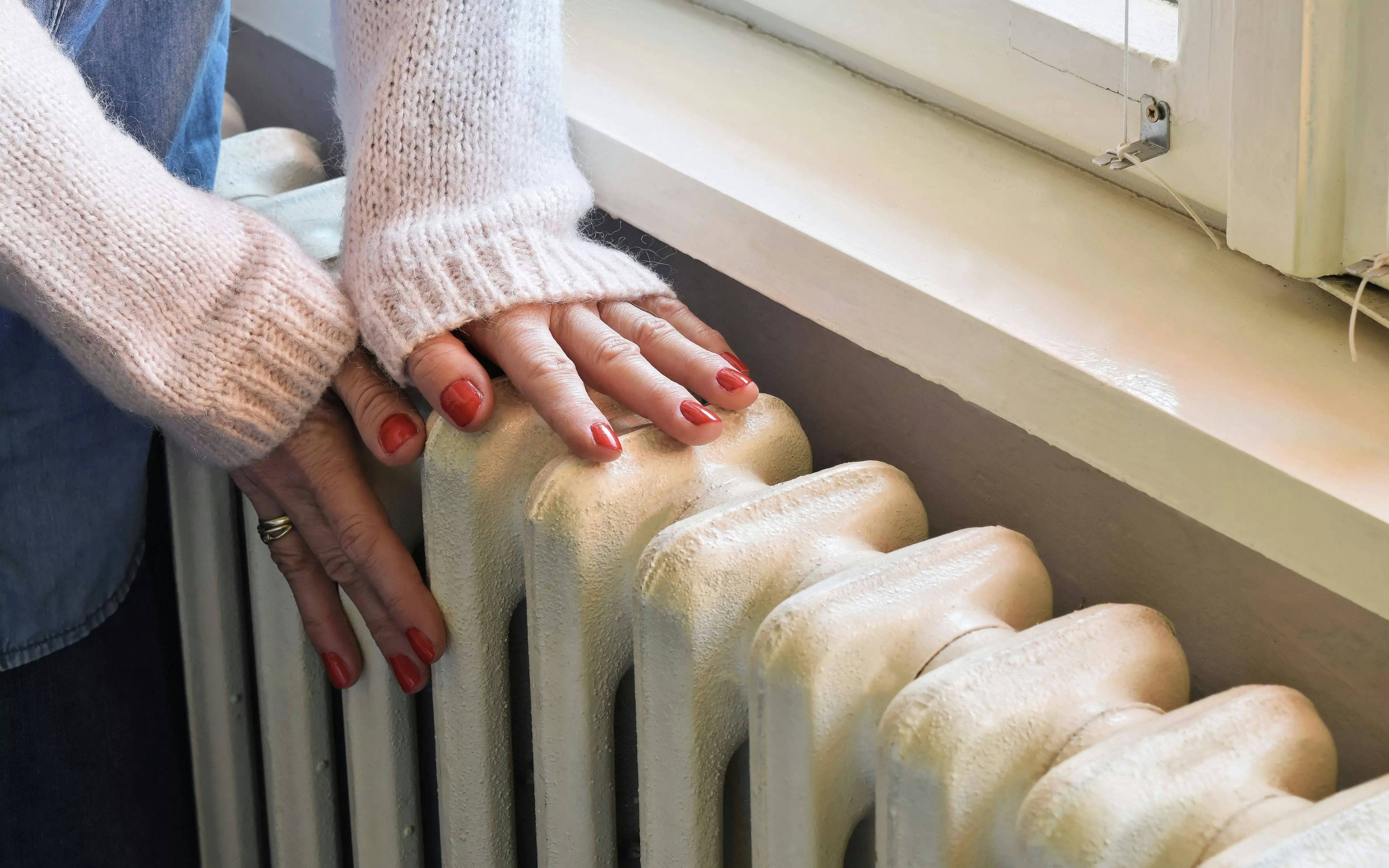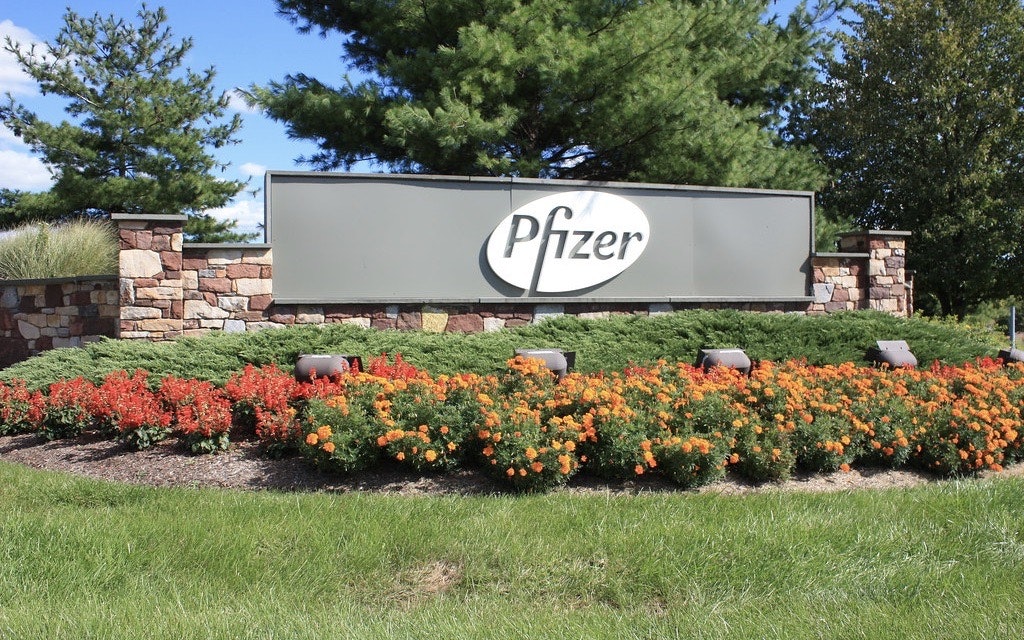The debate on more climate protection in the building sector is gaining momentum. According to a recent study by the Federal Association of the Energy and Water Industries (BDEW), heaters in Germany are getting older. On average, they are nearly 14 years old - a lifespan that is already leading to a significant need for investment in the coming years. However, this trend is not new. Even in the previous BDEW survey in 2019, the average age of the heaters was 17 years.
But now there is movement in the market: The past years with the coronavirus pandemic, energy price crisis and discussions about the so-called heating law have prompted many households to replace their old heating systems.
Yet, investment needs remain high as every third heating system in Germany is over 20 years old. Oil heating systems, which are on average 18 years old and have a particularly unfavorable climate balance, are particularly affected. These need to be replaced in the coming years by more climate-friendly systems, which represents an opportunity for climate protection.
The regional differences are also significant: The oldest heating systems are in Bremen and Mecklenburg-Western Pomerania, with an average age of around 16 years. In Brandenburg, however, the heating systems are on average the youngest, which can be attributed to the hectic building activity in the Berlin outskirts in recent years.
The discussion about the heat transition has gained importance this year. The traffic-light coalition in the federal government argued for months about the so-called Heating Law, which is supposed to limit the installation of climate-damaging oil and gas boilers in the coming years. Now it's up to the municipalities to set up heat plans for all streets by mid-2028 and provide people with guidance regarding permitted heating technologies.
According to BDEW Managing Director Kerstin Andreae, the heat market is already changing, but the challenge of the heat transition in Germany is "huge". The proportion of gas heating remains at just under half of all apartments in Germany and is even slightly increasing. Oil heating, on the other hand, is slightly retreating and still powers about 23 percent of apartments.
District heating, which currently heats a good 15 percent of apartments in Germany, is a beacon of hope for the federal government. However, the biggest growth driver is electricity, which now heats 7.5 percent of the apartments. This is due to the installation of heat pumps that heat houses with the help of electricity and environmental heat.
However, there are significant differences between the federal states. Gas heating systems are primarily found in Lower Saxony and North Rhine-Westphalia, while oil heating systems are disproportionately popular in Saarland and Bavaria. The use of district heating is particularly high in Mecklenburg-Vorpommern and Berlin, with shares of 37 percent and more.
The challenge of the heat transition in Germany is significant. The BDEW study shows that it is urgently necessary to replace old and inefficient heating systems with more climate-friendly ones. The discussion on the heating act has once again clarified the importance of this issue this year. Now it is up to the municipalities to set up heat plans and provide the necessary guidance to people. One opportunity lies in the fact that an increasing number of households are replacing their old oil boilers with more environmentally friendly heating technologies.










